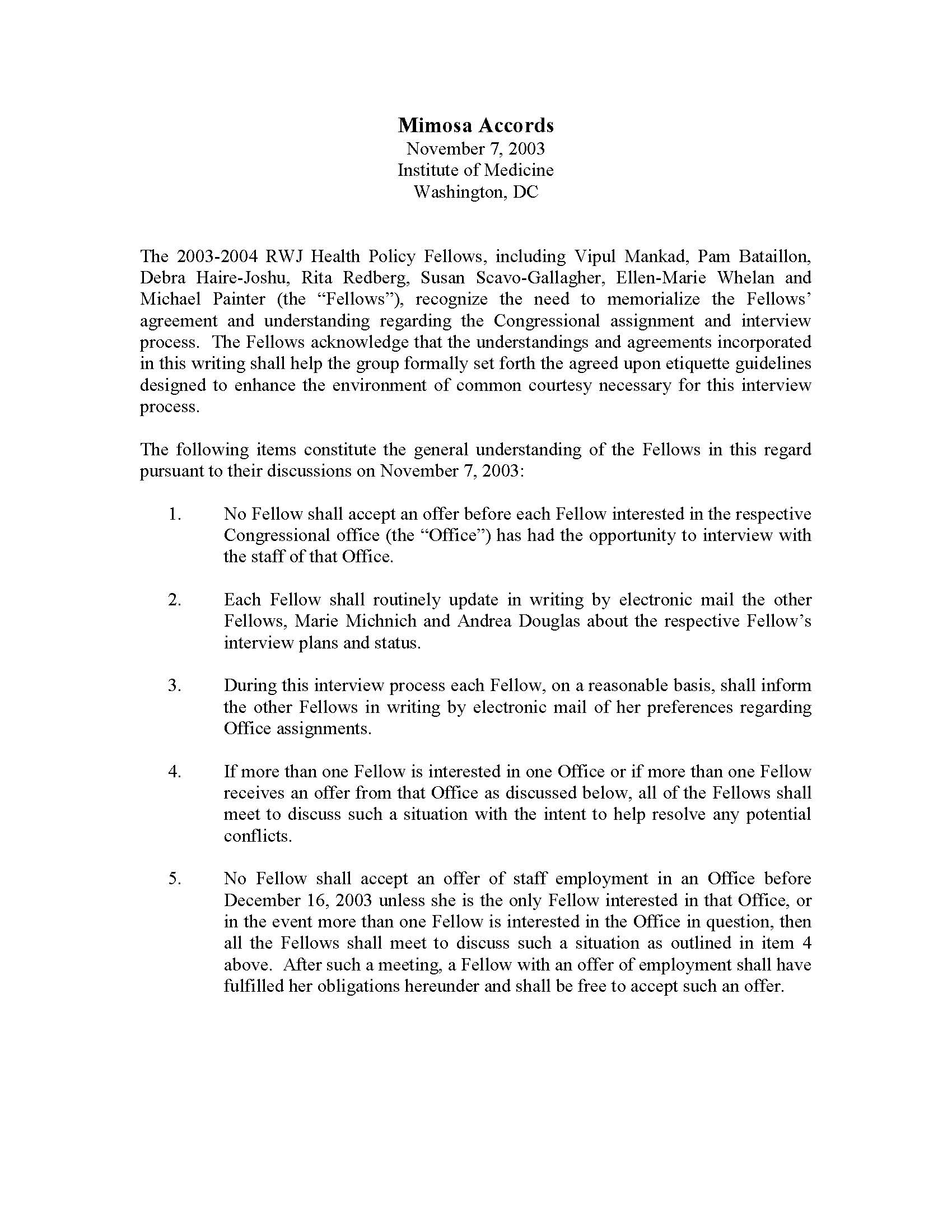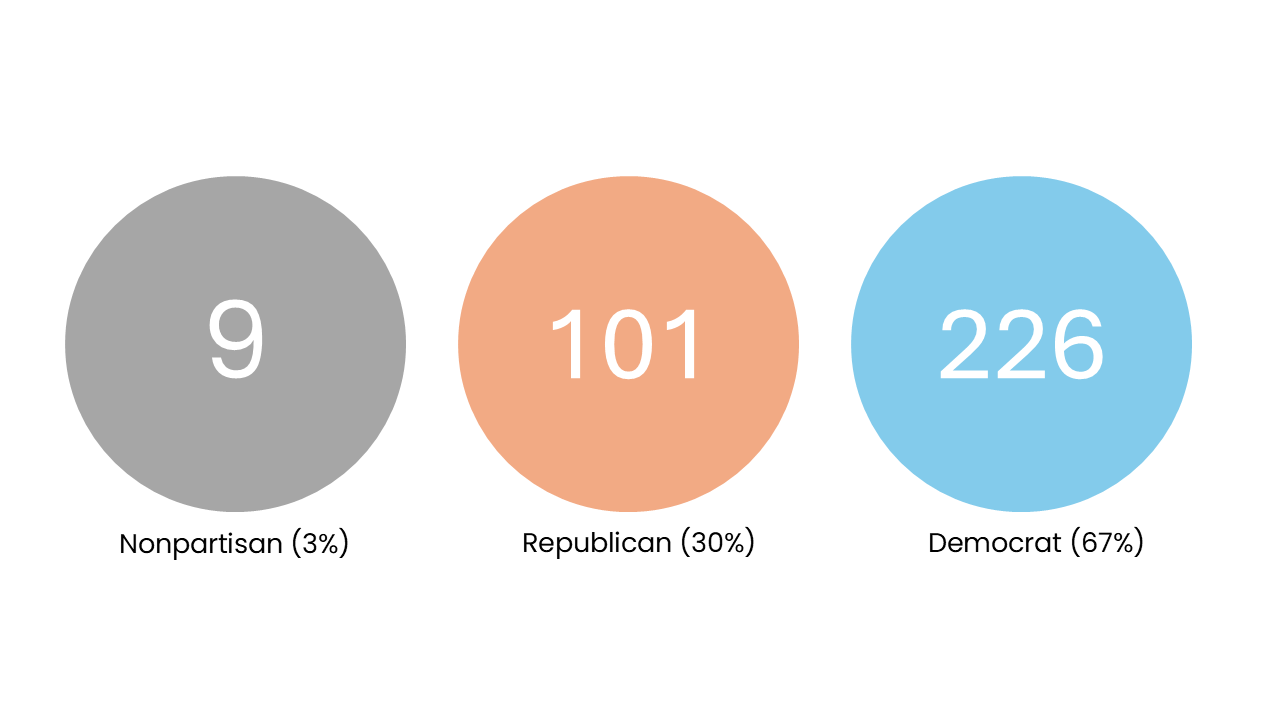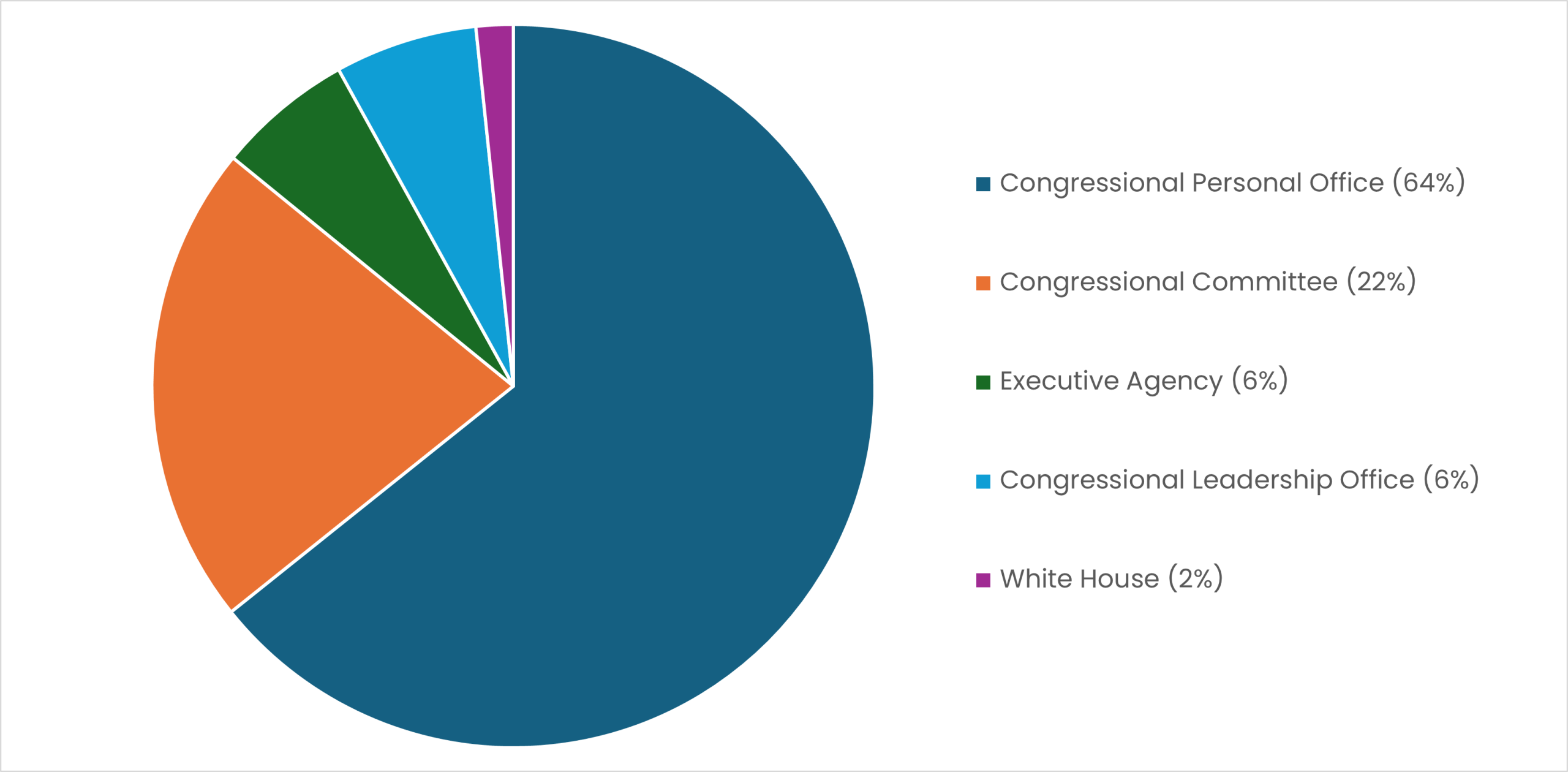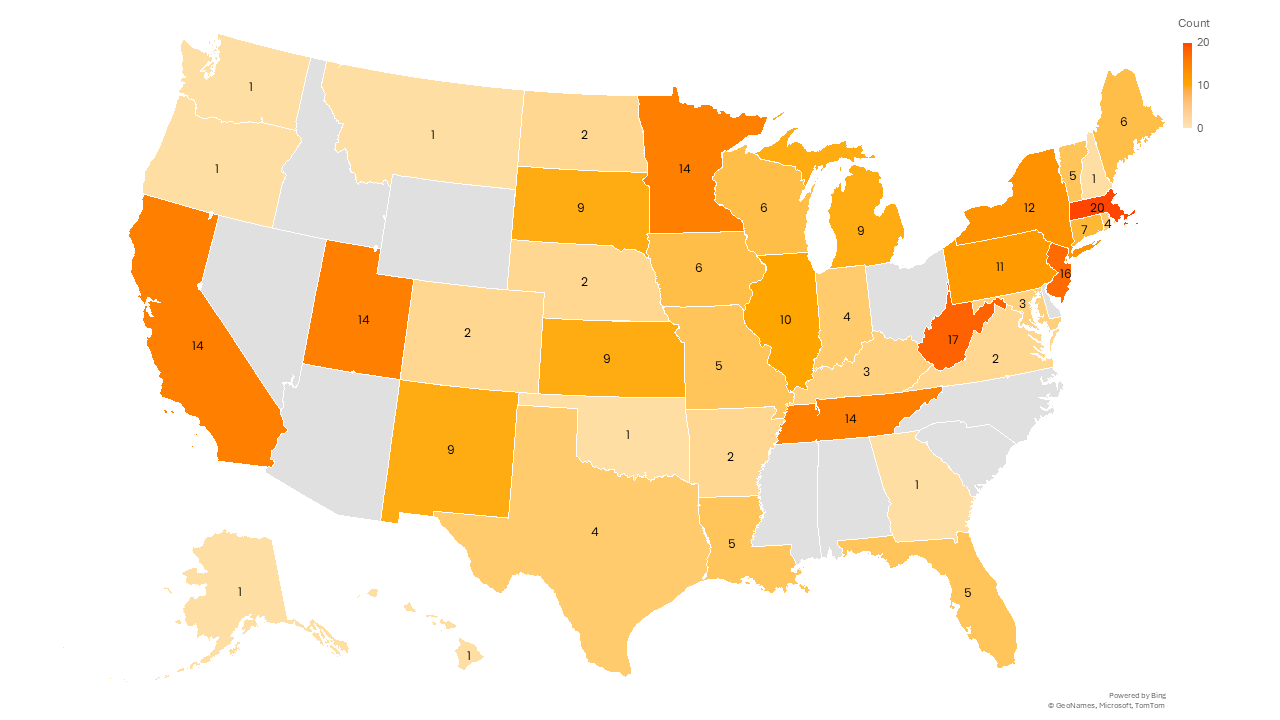Finding One's Place
Toward the end of orientation the fellows begin the placement process. At this point, they’ve spent three months learning about the federal political landscape and now it is time for them to apply what they’ve learned and decide where they want to spend the next eight or more months contributing as a staff member.
The program staff, and especially the fellowship director, works with the fellows to help them narrow down their options and find the placement that is the best fit for them and their goals: Do they want to experience working in Congress or in an Executive agency? In the House or the Senate? In a personal office or a committee? Given the breadth of the federal policy field and the stellar reputation of the RWJF Health Policy Fellows program, the options are nearly endless.
Interviewing for a placement in Congress was a highly fascinating experience. For the rest of my life I shall cherish the memory of the look on the face of an Eagleton staffer when he discovered that his prospective employee was a psychiatrist.
— Federick B. Glaser, 1974-75 fellow
In the early days of the fellowship, fellows were encouraged to serve in two different offices — one in the Senate and one in the House — following the model of the APSA Congressional Fellowship. It was also common for fellows to serve in one Republican and one Democratic office. Over time, the number of fellows holding two placements has declined. However, some fellows still choose to extend their fellowship and pursue two placements to expand their exposure to issues, types of work, and different office cultures.
Finding the Right Placement
As Program Director Gregg Margolis says, “the secret sauce” to a great placement is a connection with the people in the office. In this video, Lisa Kaplowitz shares the story of her interview with Senator Rockefeller, during which she formed a connection with him and secured a spot in his office.
Fellows generally cited three main considerations when interviewing and selecting a placement office:
Personal Connection
Jurisdiction
Legislative Focus
Because the fellowship cohorts form such a strong bond during orientation, they are often invested in ensuring each member of the cohort lands in the perfect placement. They work together to research placement options, discuss the interview process and each other’s options together, and, sometimes, even agree to not take a placement unless everyone in the cohort agrees it is the right one.
“I remember yet the October afternoon when [our cohort] met, (caucused to use the political jargon), and agreed that while we were competitive and aggressive people, we would forego those well tuned skills in the interest of collaboration and mutual support.
We literally divided the labor and systematically surveyed the possibilities. Telephone calls, interviews, taps on the grapevine about this or that office were all done by each of us for all of us.
We selected our own positions individually with the advice and support of the group, but sinsce the possibilities were virtually unlimited, we all found good spots without the slightest jockeying for positions.”
— Margaret Heagarty, 1976-77 Fellow
“[One] thing that we did that was kind of fun was what we called the Starbucks Accord.We all met at a Starbucks one time, and we agreed that nobody would accept a placement in our five person group unless everybody agreed it was the right spot for that person. So we all met, and when a placement was pending, we would all agree. And we all there was no dissent. I don’t know what we would have done if there had been dissent.
But, everybody was interested enough in [each other] to want to have a say in, do we think this is right for you? So we went through that process and had fun with it.”
— Carole Pratt, 2011-12 fellow
The 2003-04 cohort wrote a formal agreement that they all signed.

Placement Offices By the Numbers
Placement Office’s Political Affiliation Distribution

The Rockefellows, the Hatchinglings, and the Kennedy Cohort
In the last 50 years, out of 103 personal offices in which fellows have served, three offices have hosted more than ten fellows: Senator John “Jay” D. Rockefeller (D-WV), Senator Edward “Ted” Kennedy (D-MA), and Senator Orrin Hatch (R-UT). Senator Rockefeller hosted 16 fellows over the course of his 30 years in the U.S. Senate. Both Senator Hatch and Senator Kennedy hosted 14 fellows.
NEXT: PLACEMENT OFFICE

